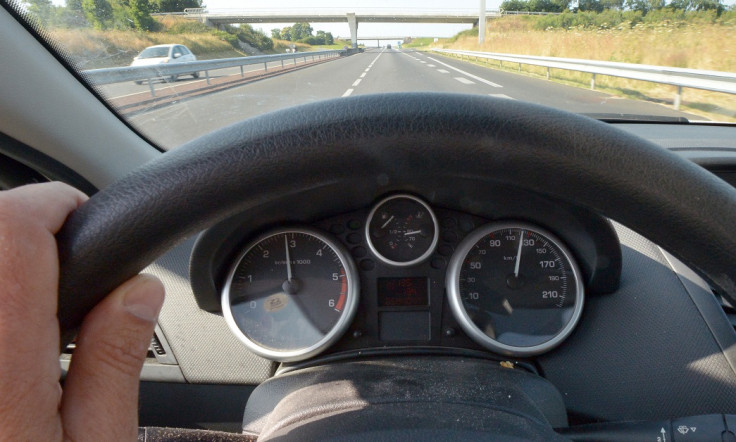£10,000 Fine to be Introduced for 'Speeding on the Motorway'

The maximum fine which can be demanded in Magistrates' Courts could be quadrupled, the government has announced. People convicted of speeding on motorways could be hit with £10,000 fines, drivers using a mobile phone at the wheel could be fined £4,000, and anyone convicted of careless driving could face unlimited fines for the first time.
Motoring organisations have slammed the new measures, claiming they may lead to injustices because innocent motorists may be too afraid to appeal their convictions and that the "disproportionate" increase is unnecessary because speeding convictions are coming down.
"Financial penalties set at the right level can be an effective way of punishing criminals and deterring them from further offending
If approved in Parliament the government moves will form part of an overhaul of the fining powers which can be imposed in the "lower courts". Fines for motoring offences aren't the only ones which could see huge increases. Under the new structure offenders at magistrates' court will be placed in one of five "levels", depending on the seriousness of the crime.
Level One
Examples: unauthorised cycle racing on public ways; being found drunk on a highway.
Fine increase: from £200 to £800.
Level Two
Examples: being drunk in a football ground; riding a motorcycle without a crash helmet.
Fine increase: from £500 to £2,000.
Level Three

Examples: selling of alcohol to a drunk person; being drunk and disorderly in a public place.
Fine increase: from £1,000 to £4,000.
Level Four
Examples: motorway speeding, taxi touting.
Fine increase: from £2,500 to £10,000.
Level Five
Examples: careless driving; driving without insurance.
Fine increase: unlimited fines, mirroring those in Crown Court.
Although the new structure won't solely be aimed at motorists - anyone convicted of television licence evasion, for instance, will be classified as level three and potentially face a £4,000 fine - motorist organisations are concerned that drivers, already heavily hit by fuel and insurance costs, will be particularly affected.
Professor Stephen Glaister of the RAC Foundation said: "You have to ask what was going so badly wrong before? Ironically we know that speeding offences have declined over recent years and just last week the Department for Transport confirmed that even after taking congestion out of the equation recorded traffic speeds have been dropping for a decade on most types of roads."
This massive increase is disproportionate and draconian
Rupert Lipton of the National Motorists Action Group said: "this massive increase is disproportionate and draconian. I think it will have a serious chilling effect. We will find motorists will be deterred from going to court where they don't believe they are guilty of an offence and there is a potential challenge."
However justice minister Jeremy Wright defended the proposed changes, which if approved may be introduced fairly rapidly. "Financial penalties set at the right level can be an effective way of punishing criminals and deterring them from further offending," he said. "Magistrates are the cornerstone of our justice system and these changes will provide them with greater powers to deal with the day-to-day offences that impact their local communities."
© Copyright IBTimes 2025. All rights reserved.




















